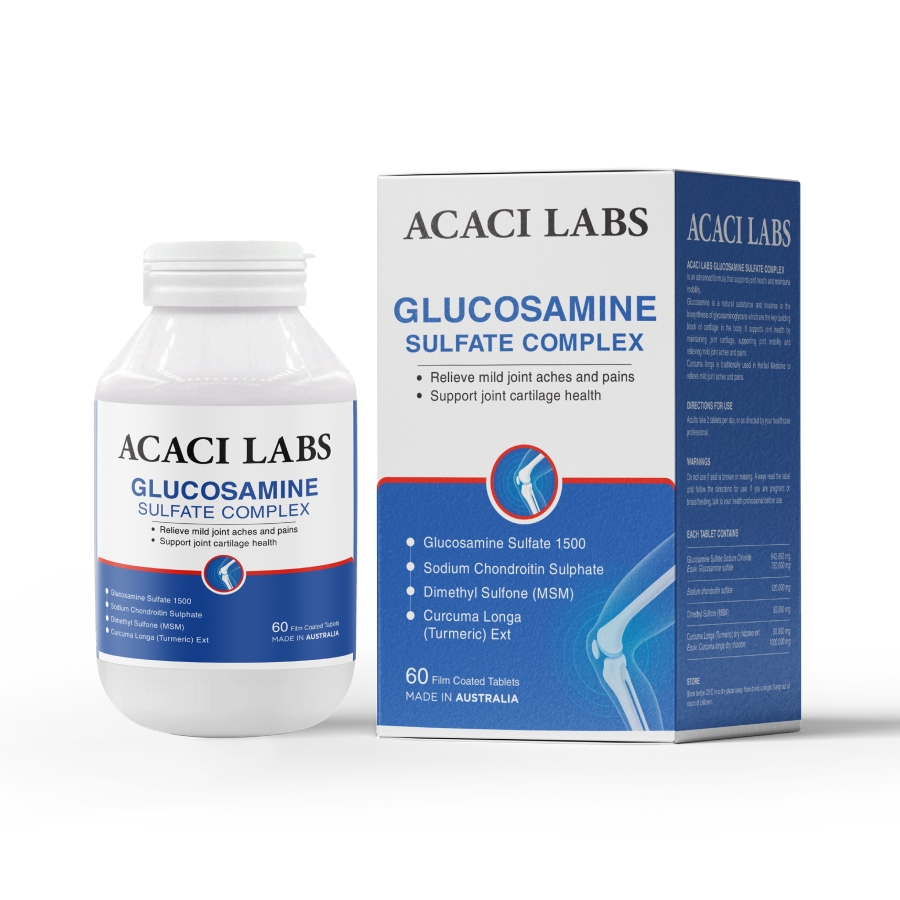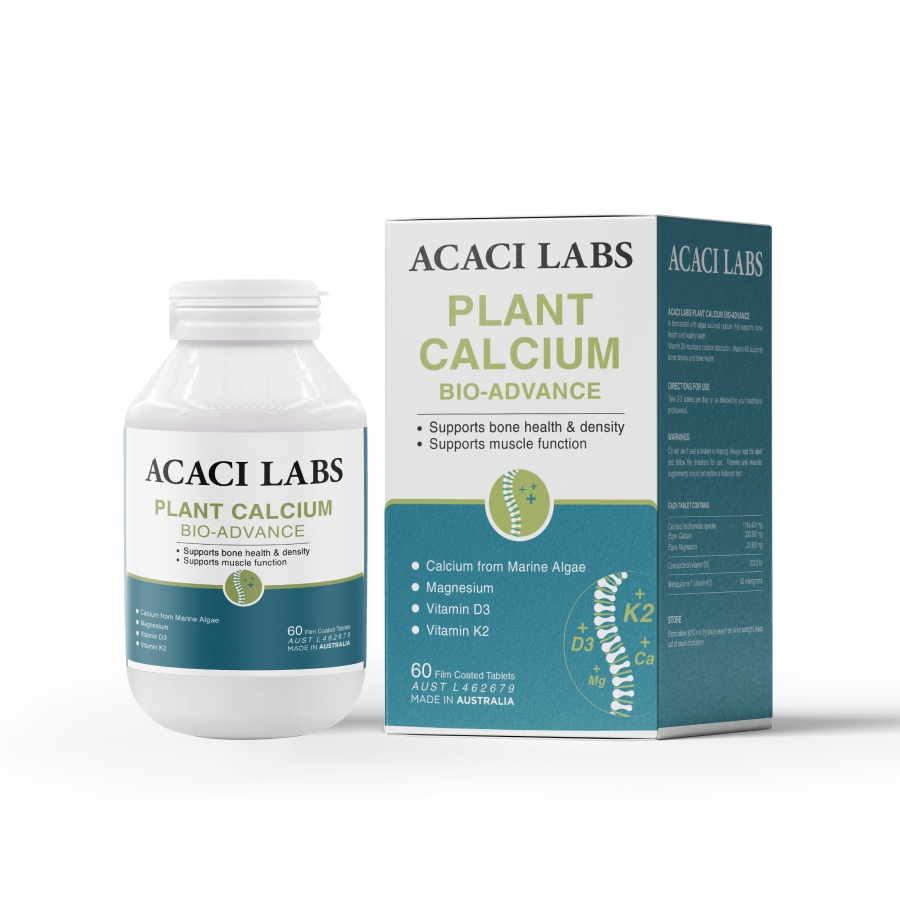Stories
Food intolerances
Do you feel unwell after eating certain foods? It may be that your body does not tolerate certain foods. This may be because of a food intolerance: you don’t have enough of the enzymes required to process substances such as lactose or histamine.
Food intolerance explained simply
Food provides us with all the nutrients we need to live: These include carbohydrates, proteins, fats, vitamins and minerals. However, certain components from food or their breakdown products can lead to conditions such as headaches, digestive problems, skin rashes with itching or fatigue in some people.
What actually causes food intolerances?
A food intolerance develops because the body does not have enough of the tools required to metabolize the constituents in food. These tools are called enzymes. They perform essential functions in the human body. Enzymes are proteins that help speed up chemical reactions in our bodies and are essential for digestion, liver function and much more. Yet many people are lacking in some of these tools: they suffer from an enzyme deficiency. There are various reasons for this. A changed lifestyle in today’s society, new dietary habits and other external influences can reveal the lack of certain enzymes. It can also become apparent in the form of a food intolerance.
What are the symptoms of food intolerance?
Intolerance of individual foodstuffs can manifest itself in a variety of ways. The most common symptoms are stomach pain, digestive problems such as diarrhea, constipation or flatulence, headaches, rashes (often involving itching), dizziness or general fatigue and tiredness.
A food intolerance develops because the body does not have enough of the tools required to metabolize the constituents in food.
What is the difference between food intolerance and food allergy?
With a food intolerance, the body cannot metabolize certain constituents of the foodstuff. By contrast, in the case of an allergy, the immune system gets confused.
Certain food constituents are incorrectly identified as “pathogens” due to a malfunction. The immune system fights these substances with an immune reaction that can be manifested by various symptoms. A food allergy can be diagnosed with appropriate antibody tests.
Typical symptoms of a food allergy:

- Watery eyes, runny nose due to swelling of the mucous membranes
- Shortness of breath
- Headaches
- Gastrointestinal complaints
- Dizziness
- Itchy rashes
A food intolerance can occur at any time. Often, it only develops over time. The complaints are frequently dose-dependent. This means that small quantities of the food concerned can be eaten without problems. Symptoms arise after consumption of large quantities, and often only after a certain amount of time.
Histamine – the ‘intolerance to everything pleasurable’
Tiredness, headaches, stomach upsets, rashes, heart palpitations and dizziness, often in combination: inexplicable symptoms that often take a long time to get to the bottom of. After all, allergy tests and other examinations do not yield any findings. The reason for the complaints may be a histamine intolerance.
Furthermore, histamine is contained in many foodstuffs. In this case, it is known as exogenous histamine. Particularly long-matured products such as red wine and hard cheese contain a large amount of histamine. Other foodstuffs such as pineapples and chocolate are among the histamine liberators: although they contain only a little histamine, they are capable of releasing histamine from mast cells. Food that contains or releases histamine can usually be consumed without problems, as the endogenous enzyme diamine oxidase (DAO) breaks down histamine.

Common reactions to Histamine Intolerance
- Gastrointestinal complaints
- Headaches
- Rash
- Breathing problems
- Cardiovascular
Lactose intolerance: When dairy products cause irritation
Countless people are familiar with the problem: the stomach rumbles after a glass of milk, a cappuccino or a pot of yogurt. This is swiftly followed by stomach ache, flatulence or diarrhea. The reason for this may be lactose intolerance. Lactose intolerance is the most common food intolerance in the Western world. Up to 30 percent of people suffer from it.
If there is no lactase enzyme or an insufficient quantity of it, lactose cannot be separated and it cannot be absorbed by the small intestine. Problems arise in the intestinal tract. A scoop of ice cream, a slice of cake or simply a mug of latte: people with lactose intolerance often pay a high price for these small pleasures. Soon afterwards, the typical signs of lactose intolerance become apparent: stomach ache, flatulence and diarrhea.


Fructose malabsorption: When fructose is unhealthy
Every child knows that fruit is healthy. But in some circumstances, eating it can cause problems. In people with fructose malabsorption, the fructose contained in fruit and many other foodstuffs can lead to itestinal complaints. Also known as intestinal fructose intolerance, this food intolerance can trigger intestinal spasms and flatulence. In normal quantities, fructose does not usually cause the body any problems. The reason for this food intolerance are deficient intestinal fructose carriers. So fructose can’t be absorbed properly from the intestine. Excess fructose accumulates in the intestine causing unpleasant troubles when degraded in subsequent deeper bowel layers.
Along with fructose, industrially produced, low-calorie foodstuffs often also contain sorbitol, which belongs to the group of sugar alcohols. Like fructose, sorbitol is a sugar substitute. The body reacts with stomach cramps, flatulence or diarrhea. People who suffer from fructose malabsorption should also eliminate sorbitol from their diet entirely.


How to deal with food intolerance and how enzyme deficiency can be treated?
Digestive enzymes are among the most important enzymes. As their name suggests, they are involved in breaking down nutrients into small morsels. They are present in the intestine, for example, as well as in saliva, the pancreas and the stomach. Digestive enzymes specialize in specific nutrients. For instance, peptidases or proteases break down the protein in the food. By contrast, amylases are responsible for processing carbohydrates – they also include the enzyme lactase, which breaks down lactose. Another of the jobs of the enzymes in the digestive tract is to prevent us from ingesting food constituents that are not good for us. These protective enzymes include diamine oxidase, or the DAO enzyme for short. It ensures breakdown of excess histamine.
If it is clear that a deficiency of specific enzymes is causing the complaints, there are two options. Firstly: stop eating the foodstuff that the body can no longer process properly or that it does not have sufficient protective mechanisms to fight against. There are lactose-free products for people with lactose intolerance, for instance. However, avoiding individual components of the diet entirely is not always feasible. For example, at a dinner party, when traveling or at a restaurant, you cannot always know for sure that the non-tolerated substance is not on your plate.
In such cases, it helps to add the missing enzymes (supplementation). Supplements of this kind help to alleviate complaints and improve quality of life. With their help, those affected can finally eat everything again. Bon Appetit!







